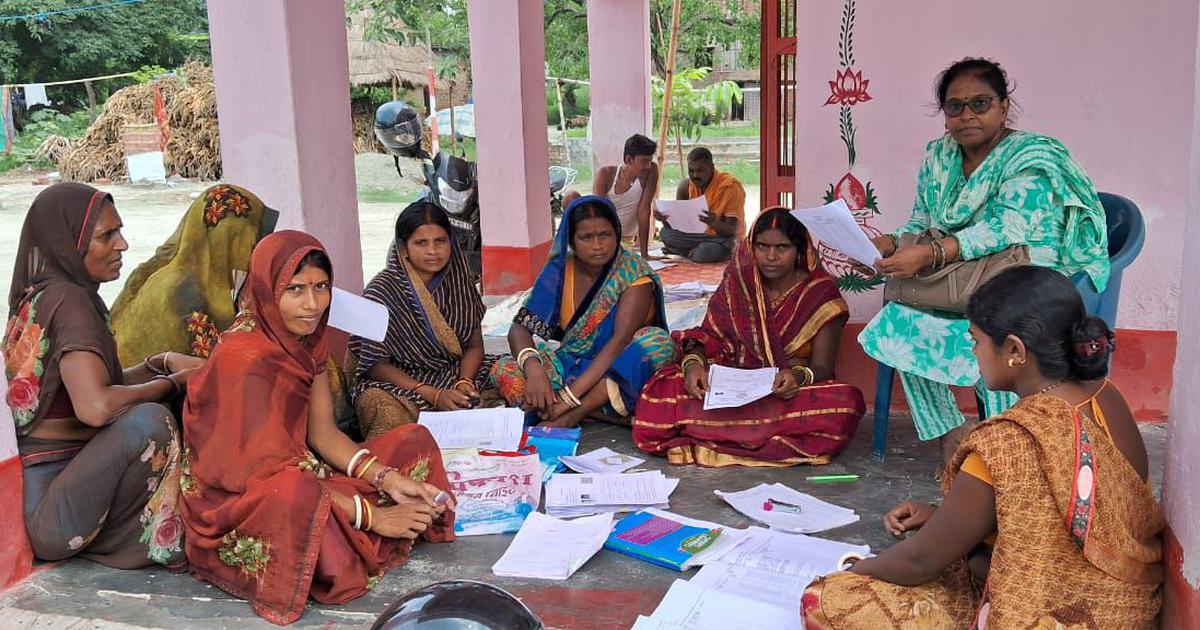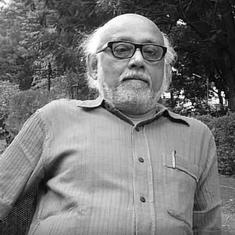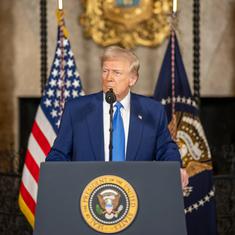Bihar voter roll revision is assault on foundations of democracy, say 93 ex-bureaucrats
The exercise is ‘likely to end up disenfranchising a very large segment of the voting population, particularly the poor and the marginalised’, the group said.

A group of 93 retired civil servants and diplomats, on Tuesday, called the ongoing special intensive revision of electoral rolls in Bihar an “assault on the very foundations of our democracy”, referring to the right to vote.
“The assault is an insidious one where the purported attempt to clean up and sanitise the electoral rolls is likely to end up disenfranchising a very large segment of the voting population, particularly the poor and the marginalised,” the Constitutional Conduct Group said.
The group of former bureaucrats highlighted that a vast majority of the economically weaker sections of the population have held their right to vote as the “most fundamental stake in Indian democracy” because a liberal approach was followed to prepare electoral rolls, with the understanding that several Indians lack documentation to prove their citizenship.
“This process has now been reversed to ensure that those with poor access to documents will be deprived of their rights as voters,” the group contended.
The former bureaucrats argued that the exercise by the Election Commission allows it to effectively become a deciding authority on citizenship rights” without possessing the constitutional mandate to do so.
The exercise, under the guise of cleaning up voter lists, attempts to “introduce the contested idea of the NRC [National Register of Citizens] through the backdoor”, the group further alleged.
The group also raised alarm at the “breakneck speed” at which the process of revising the electoral roll has been implemented. It highlighted that booth-level officers have been tasked with completing the process with “grossly inadequate infrastructure” and under “impossible timelines”.
The group also cited journalist Ajit Anjum’s reportage as evidence that there has been a massive scale of “fraud and forgery” during the entire process.
In a video posted on his YouTube channel on July 12, Anjum had claimed that he had found irregularities in the revision of the electoral rolls in the state, with several enumeration forms at the booth not having photos of the applicants and others that had been partially filled or did not have signatures.
Anjum was, however, booked by the police for allegedly interfering in the Bihar voter roll revision process and for allegedly provoking communal discord. Several press bodies questioned the filing of a case against him, saying that the authorities should not “criminalise journalism”.
The signatories to the statement by the Constitutional Conduct Group include Punjab’s former director general of police Julio Ribeiro, Delhi’s former Lieutenant Governor Najeeb Jung and former Indian Administrative Service officer Harsh Mander.
The revision of the electoral rolls in Bihar was announced by the Election Commission on June 24.
As part of the exercise, persons whose names were not on the 2003 voter list will need to submit proof of eligibility to vote. This means that 2.9 crore out of the state’s 7.8 crore voters – or about 37% of the electors – will have to submit documentary evidence.
Voters born before July 1, 1987, must show proof of their date and place of birth, while those born between July 1, 1987, and December 2, 2004, must also submit documents establishing the date and place of birth of one of their parents. Those born after December 2, 2004, will need proof of date of birth for themselves and both parents.
A draft roll will be published on August 1 and the final roll will be out on September 30.
On July 2, eleven INDIA bloc parties told the Election Commission that the special intensive revision of Bihar’s electoral rolls risked disenfranchising more than 2.5 crore voters, as they may not be able to produce the necessary documents.
Chief Election Commissioner Gyanesh Kumar on July 6 defended the exercise, claiming that the exercise had to be carried out as no one was satisfied with the current voter rolls.
Also read:
- EC began Bihar roll revision without data and shifted goalposts midway, court document shows
- Bihar voter roll revision: Why having to prove you are an Indian citizen is a nightmare









